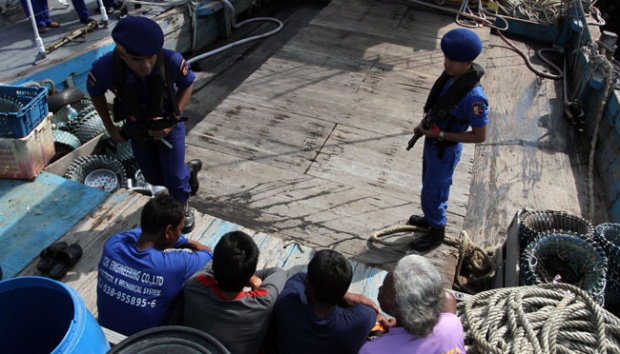Careless Addition to the List of Narcotics
Translator
Editor
11 January 2024 21:58 WIB

TEMPO.CO, Jakarta - The plan to include kratom in the list of new psychoactive substances opens up an opportunity for extortion. Further comprehensive research is needed.
The National Narcotics Agency (BNN) should not be haphazard in putting the kratom plant on the list of narcotics and dangerous substances. Further research and intensive study on the benefits and hazards of the plant should be made, since for centuries the herb has been used by local communities for its medicinal properties.
In December 2023, the BNN declared 93 types of new psychoactive substances, or NPS, from several countries entering into Indonesia. A total of 90 of the substances have been identified and their use is regulated by a Health Ministry’s ruling.
Amid a flow of new narcotics from abroad, the BNN used skewed logic when they suggested kratom be banned. In one definitive swoop, the BNN decided to put kratom on the list of Grade 1 narcotics as a dangerous drug to be prohibited with no reservations, including for medicinal purposes. The BNN uses the reasoning that far too many people abused the leaf of the Rubiaceae plant which falls into the coffee family.
Kratom, or Mitragyna speciosa, grows and flourishes in Southeast Asia, including Indonesia. To date, certain communities use the plant to soothe upset stomachs and muscular aches and pains, and to treat fatigue. Communities in Kapuas Hulu, West Kalimantan, use the leaf to make a tea-like beverage.
Kratom made recent headlines as an herbal medicine. Export demand for the herb continues to rise. Data from the Central Statistics Agency show that kratom exports reached 8,206 tons in 2022 of a value of US$15.51 million. This is an increase of 87 percent compared to export figures of the herb the year before.
In the midst of this increased demand for the herb both in-country and offshore, the plan to prohibit the plant is the reason for suspicion. It is no surprise if questions arise: what is the real motive behind the prohibition? Is the ban purely for waylay abuse and the adverse effects of kratom addiction against good health? Is there another motive behind the prohibition?
Suspicions such as these are not without base. In handling narcotic cases, a purely legalistic approach has proven mostly ineffective. Prisons are filled to the brim with people who abuse drugs when in fact they should simply be put in rehabilitation. Drug lords move around freely, but can still slip into prison wards to meet their customers.
A legalistic approach that focuses purely on the law opens up space for abuse of power by state apparatus. Law enforcers only give rehabilitation rights to well-off drug users who do not mind paying bribes. Drug users with no means usually are thrown into prison.
If the motive is truly to put a stop to addiction, the government would do better to prioritize scientific research to maximize the benefits of kratom and minimize its side effects. To that end, the Health Ministry should encourage intensive research and create policies for its use. Other institutions, such as the BNN, the National Police, and the Trade Ministry, should bow down to medical authority.
If research indeed proves that kratom is more beneficial than detrimental, there is no reason to ban it. Let not a prohibition of kratom instead opens up new avenues for corruption by apparatus, who can extort people in the name of the law.
Read the Complete Story in Tempo English Magazine























